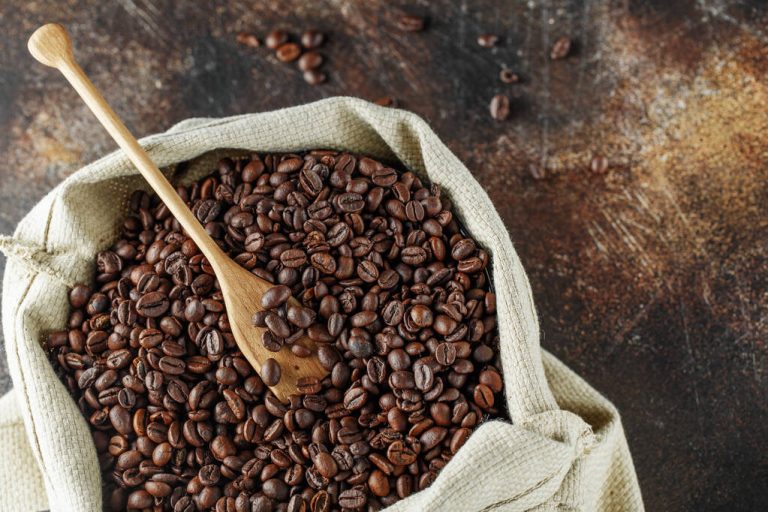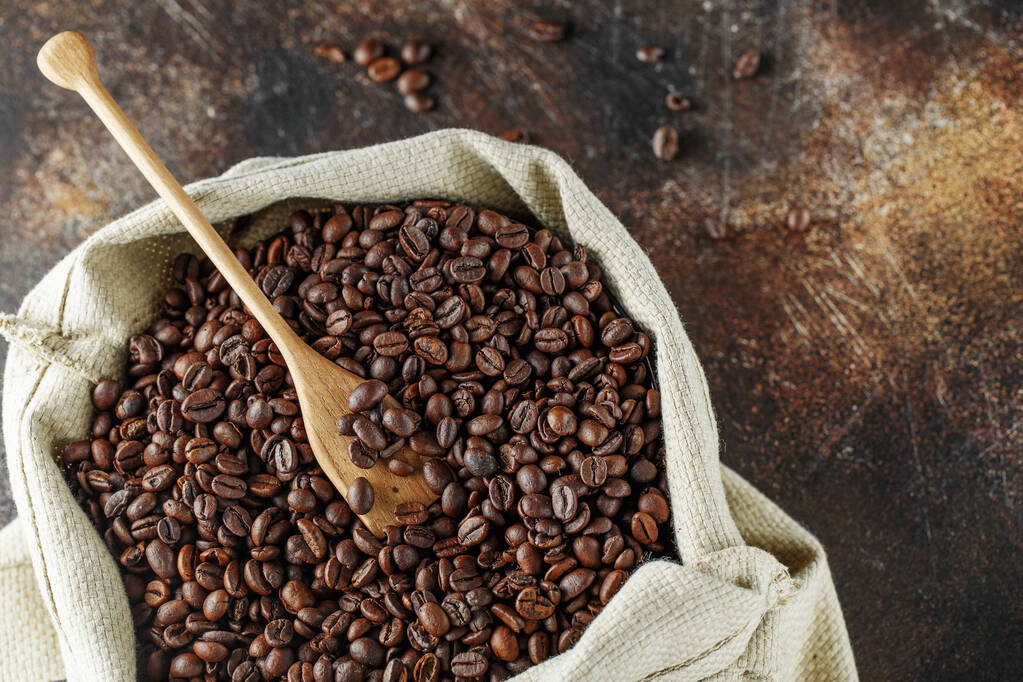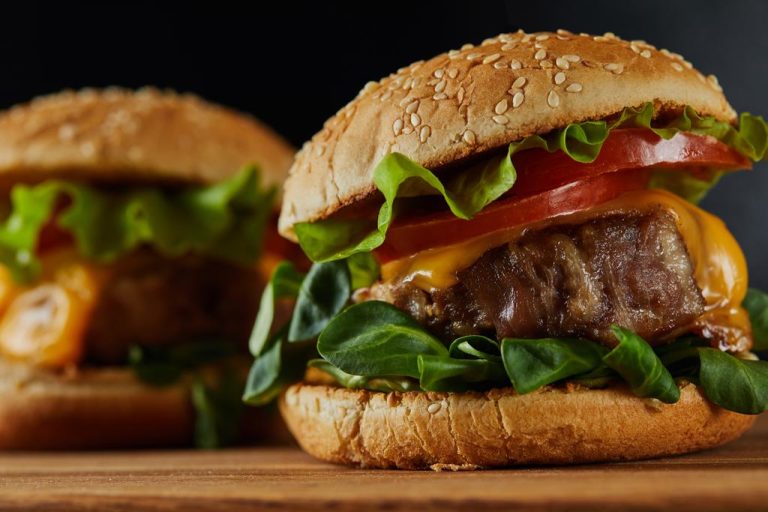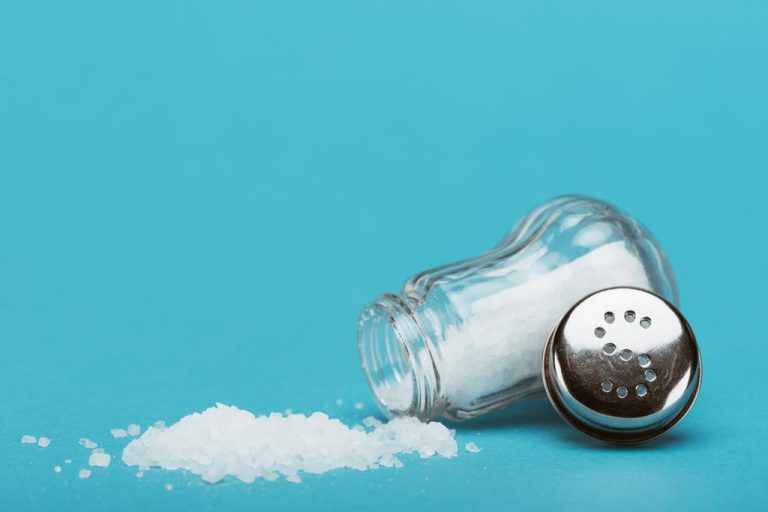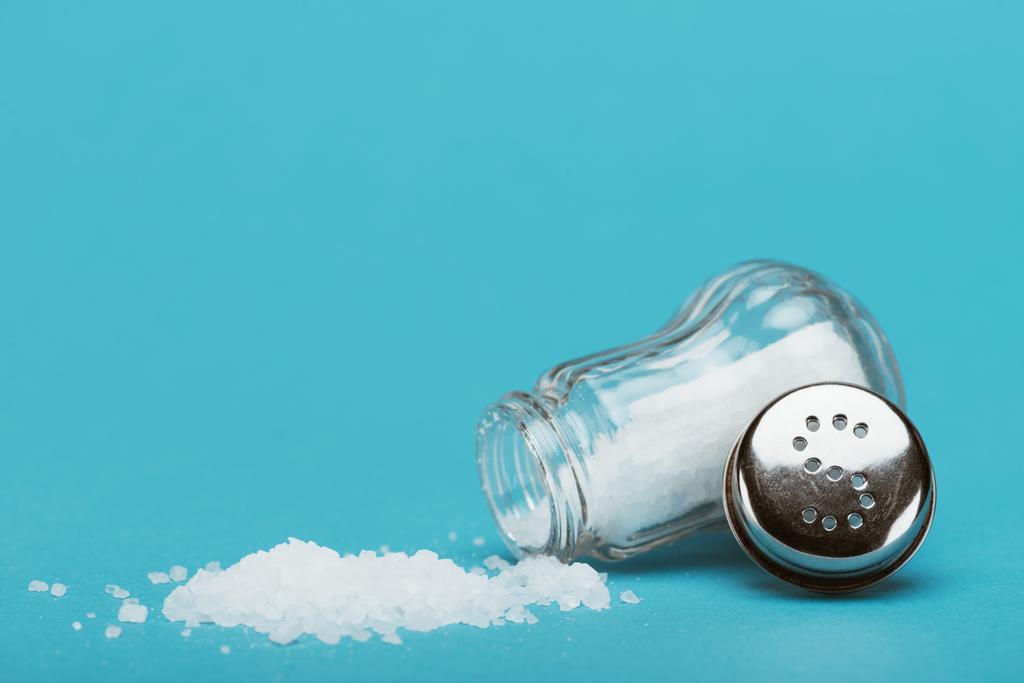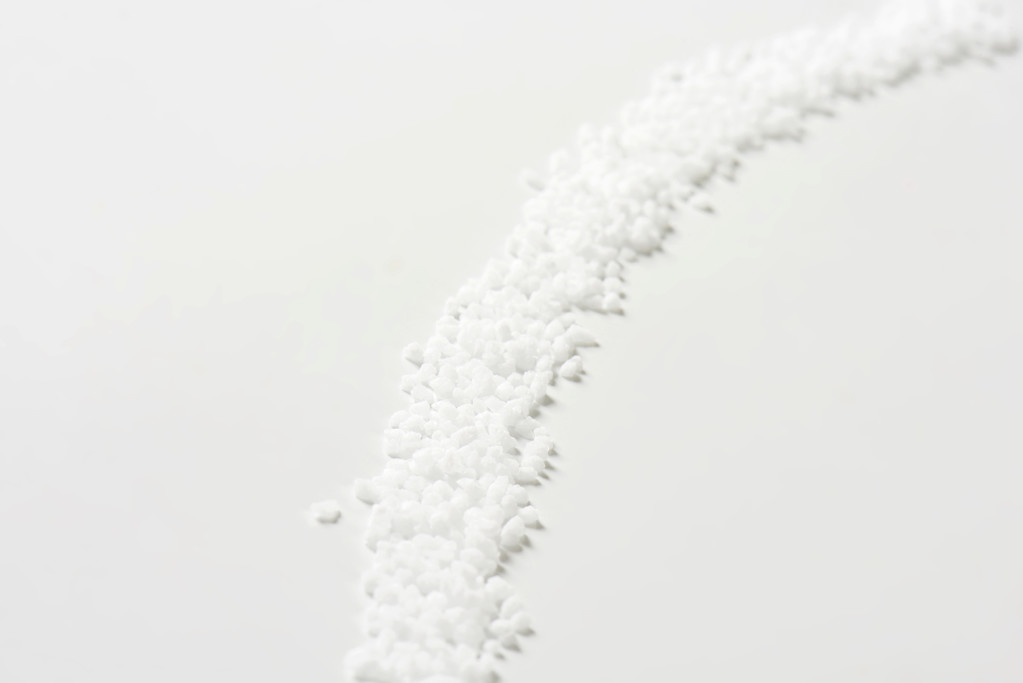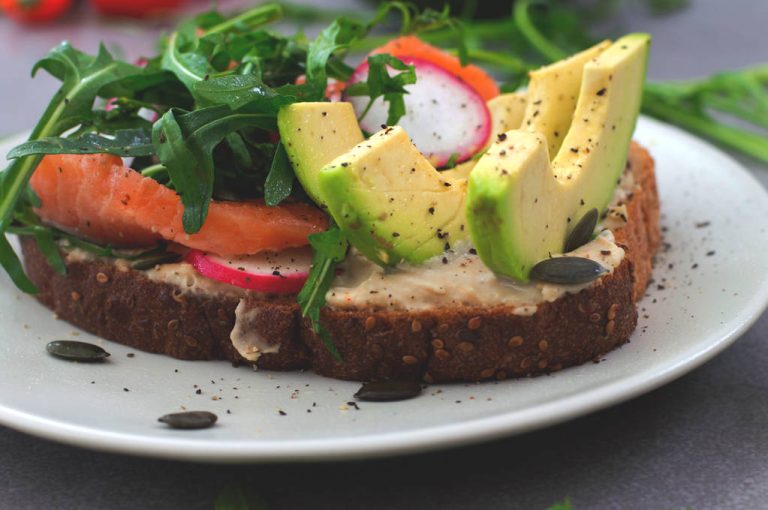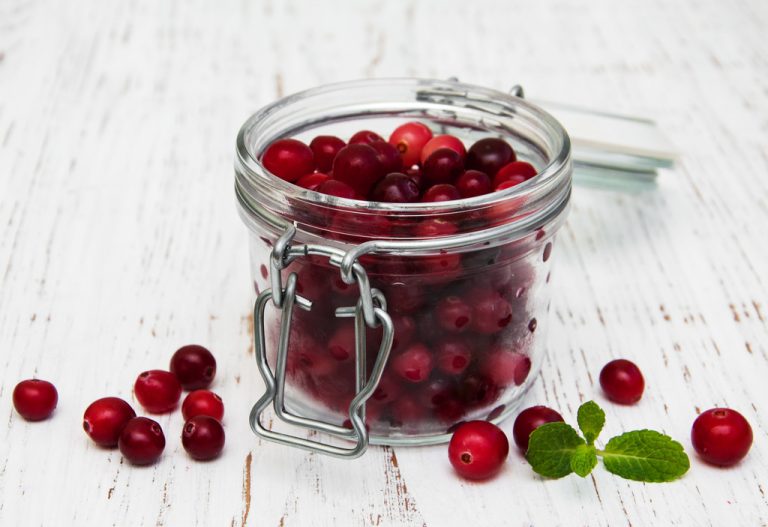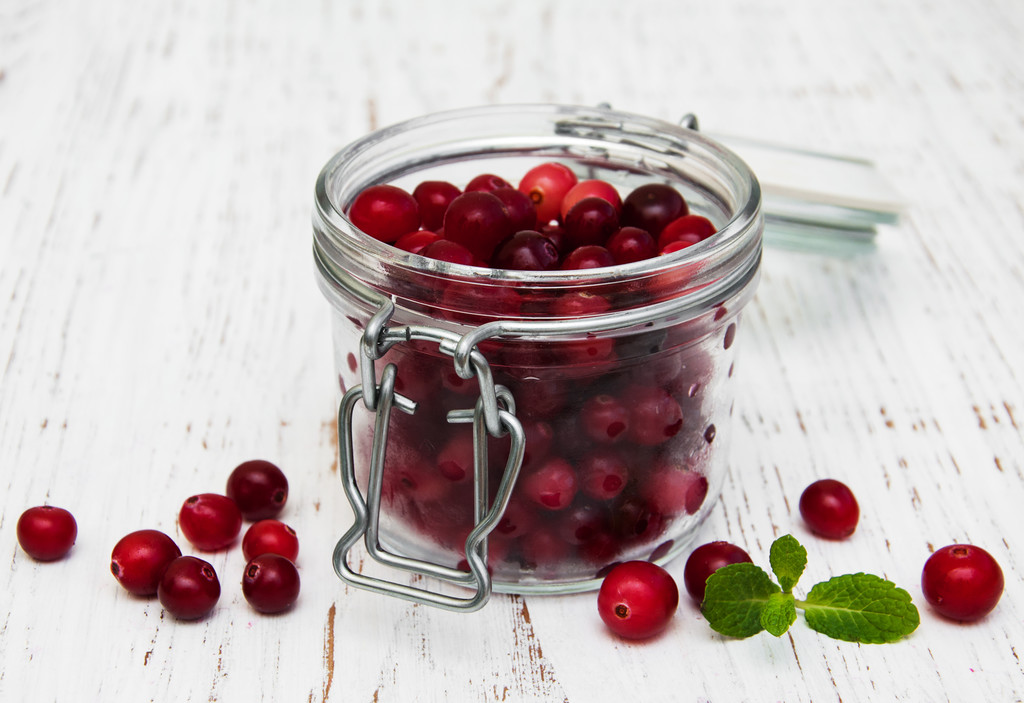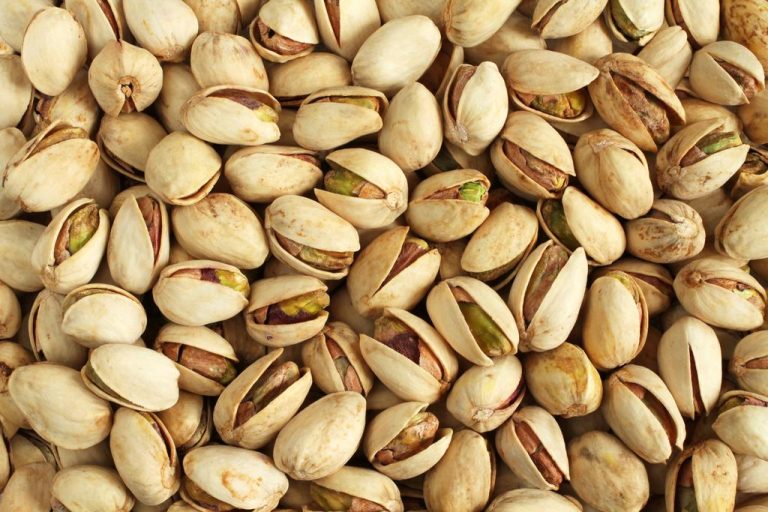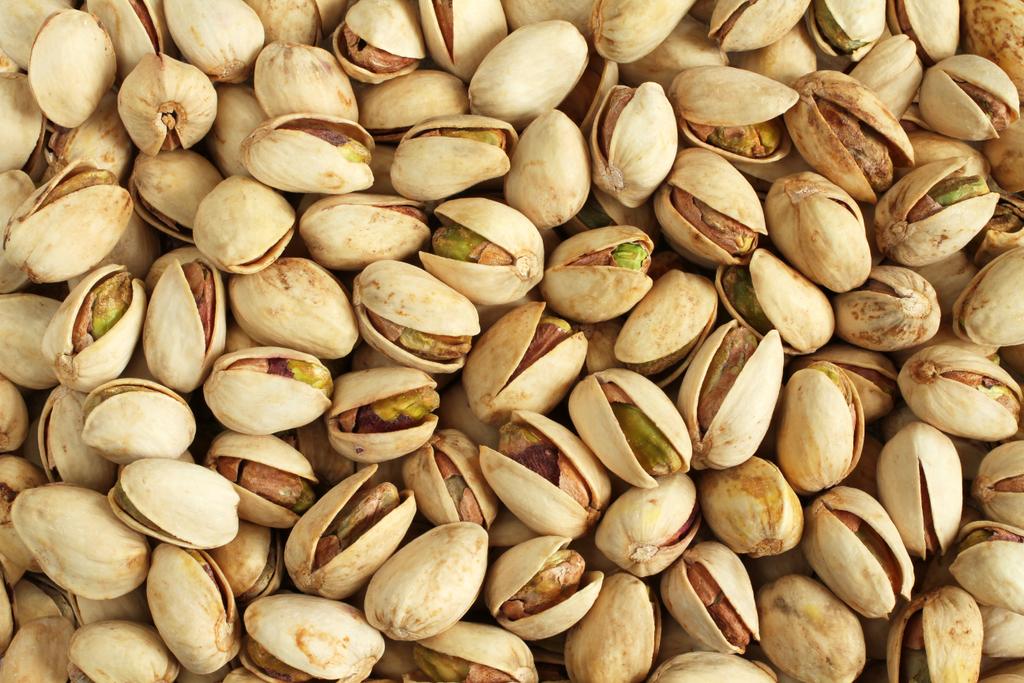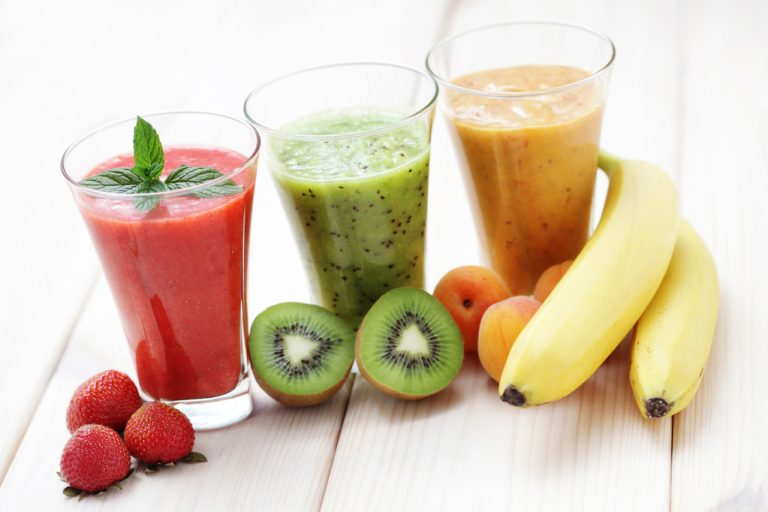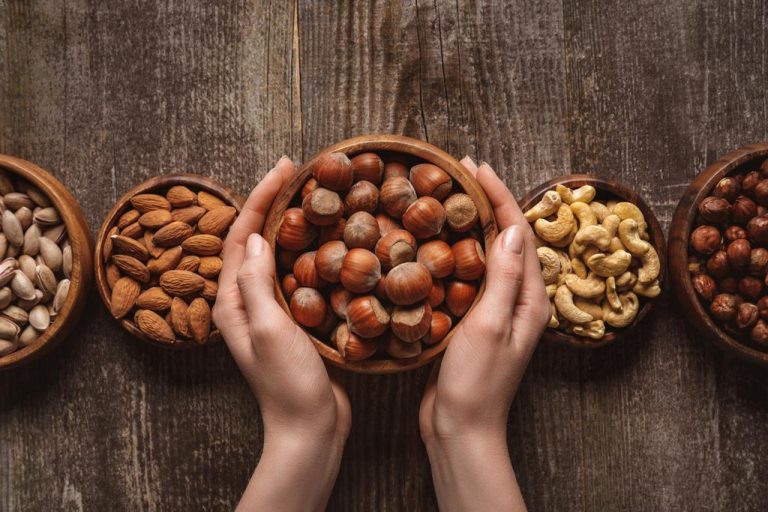Brain food refers to foods that are said to be particularly good for the brain. But which nutrients do our gray matter need? And what foods do they provide? We have the answers.
The human brain is the central control center of the organism, in which all information comes together. In order for it to function smoothly, the brain needs three things above all: enough oxygen, blood and the right nutrients. Brain Food is supposed to provide the right nutrients.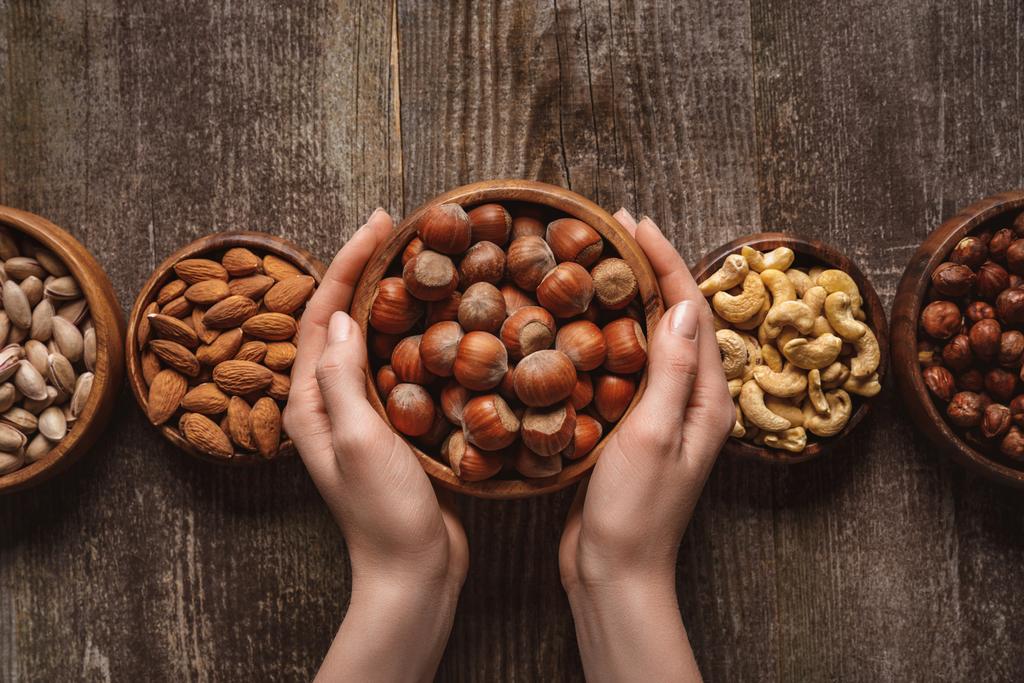
Brain Food: The brain needs these nutrients
Our brain is so complex that we are far from fully understanding it and how it works. Nevertheless, science agrees on a few points. When it comes to the right care, the following points are particularly important:
Water: Even before the actual brain food comes “brain liquid” – the brain needs enough liquid. A lack of water is quickly noticeable in the form of headaches, tiredness or poor concentration. That’s why you should drink about one and a half to two liters throughout the day – preferably water or tea. On hot days or physically demanding phases, it can be more.
Carbohydrates: The brain gets the energy it needs from carbohydrates. Instead of fast sugar, you should rely on complex carbohydrates (see below). These are slowly broken down into glucose in the digestive tract – this is how the brain gets the necessary glucose over longer periods of time.
Protein: Protein consists of amino acids, which serve as building material for the messenger substances. These are also called neurotransmitters and are responsible for the transmission of information in the brain. Of the 20 amino acids, eight cannot be made by the body – they must be obtained from food.
Fat: Brain and nerve cells are padded with fatty tissue for protection. The unsaturated fatty acids, especially the omega-3 fatty acids, are important for the functioning of the brain and make up two-thirds of the fatty acids in the brain.
Vitamins: The brain needs vitamins to produce messenger substances and to protect the cells from free radicals. The most important vitamins include vitamin A, vitamin E, vitamin C and the B vitamins B1, B6, folic acid and B12.
Minerals: Minerals and trace elements are important for many tasks in the brain, especially for information transfer. Calcium, magnesium and iron are particularly important here.
This brain food provides the right carbohydrates
The brain needs about 120 grams of glucose, also known as dextrose, every day. Sweets provide this simple sugar quickly, but after the brief energy boost, the sugar level drops rapidly again. However, the brain needs a steady supply of glucose, which long-chain, complex carbohydrates provide. The best suppliers for this are:
Whole grain cereals, such as bread made from whole grain flour
Legumes such as lentils, beans and peas
potatoes
some fruits and vegetables, such as bananas
Dried fruit, muesli bars or trail mix
Especially if you put a lot of strain on your brain, you should avoid long breaks between meals: After five hours or more, the blood sugar level has dropped so much that the ability to concentrate decreases.
Good protein sources for a healthy brain
In order for our thinking apparatus to remain in top form, it also needs sufficient protein. Meat or animal products such as eggs and yoghurt are not necessarily required to cover the necessary intake. Although these are good sources of protein, you can also meet your protein requirements with a vegetarian or vegan diet. In this category, the best brain foods are:
Legumes such as lentils, beans and peas
soy products
whole grains
Nuts, especially peanuts, hazelnuts and walnuts
Seeds, in particular hemp seeds, pumpkin seeds, sunflower seeds, linseed and chia seeds
animal products such as cheese, turkey breast, beef, salmon, shrimp, low-fat quark or eggs
Brain food: foods with unsaturated fatty acids
With fats, a distinction is made between saturated and unsaturated fatty acids. Saturated fatty acids are mainly found in hydrogenated fats (e.g. in margarine or animal fats) and should be consumed with caution.
Above all, our body and brain need unsaturated fatty acids, which are divided into monounsaturated and polyunsaturated fatty acids. The polyunsaturated fatty acids are also called essential fatty acids. The best suppliers of these healthy fatty acids are:
Nuts, especially walnuts and Brazil nuts
almonds
high-quality vegetable oils, for example rapeseed oil, linseed oil, walnut oil or soybean oil
Seeds, in particular hemp seeds, cashew nuts
fatty fish such as salmon, mackerel, eel, herring, tuna or sardines
Vitamins for the brain – the best foods
The various vitamins are important for the human organism and are also needed in many places in the brain. Vitamin A, beta-carotene, vitamin E and vitamin C protect against free radical damage. The B vitamins are crucial for the metabolism of messenger substances and the ability to concentrate. You can meet your vitamin requirements with the following foods:
Vitamin A: Dark green, yellow, and red fruits and vegetables (such as carrots, squash, sweet potatoes, corn, peppers, tomatoes, spinach, broccoli, or apricots) and some animal products (especially liver, butter, cheese, egg yolks, and oily fish)
Vitamin E: Cereals, wheat germ, nuts, seeds, vegetable oils and eggs
B vitamins B1, B6 and folic acid: whole grains, wheat germ, nuts and seeds, legumes, potatoes, cabbage, vegetables, fish, cheese
More information: vitamin B1, vitamin B6, folic acid, vitamin B12
Vitamin C: peppers, citrus fruits, kiwi, berries, sea buckthorn, potatoes, rosehip
The most important minerals – this brain food provides them
The most important minerals for the brain include calcium, magnesium and iron. These all have different functions for the brain.
Calcium: Vegetables (kale, broccoli, fennel, Chinese cabbage), nuts and seeds (poppy, sesame, almonds, hazelnuts), whole wheat bread, milk and dairy products
Magnesium: Vegetables (Brussels sprouts, kale, kohlrabi, broccoli, spinach), legumes, whole grains, brown rice, cocoa, nuts and seeds
Iron: Legumes, oat flakes, nuts and seeds (pumpkin seeds, sesame, pistachios, linseed), vegetables (spinach, broccoli, lamb’s lettuce, rocket), sugar beet syrup, wheat germ, currants, meat, fish
A healthy brain through diet and lifestyle
So it’s true: some foods can rightly be labeled “brain food”. In particular, nuts and seeds, high-quality oils, legumes and fresh vegetables are important for the brain – be it for the right fatty acids, sufficient protein intake or the necessary vitamins and minerals.
Nevertheless, you don’t have to analyze each nutrient individually and adjust your food accordingly by gram: With a balanced diet, you usually provide your body with all the nutrients it needs. It should be colourful, diverse and varied. Include various seeds, nuts and germinated sprouts as well as whole grain products and legumes in your diet and combine them with as many fresh vegetables and fruits as possible.
However, a healthy lifestyle does not stop with nutrition: Sufficient exercise and lots of fresh air are just as important as a positive attitude and relaxation. You can also train your brain in a targeted manner and keep it fit. Meditation and mindfulness exercises have also been shown to promote a healthy body and mind.




